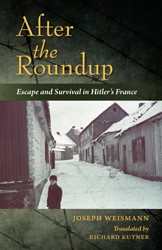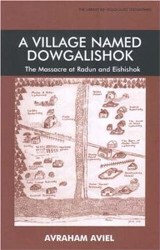By
– August 30, 2011
Morton Keller, the distinguished historian of American politics, has written a brief but highly engrossing memoir of his years growing up in a non-religious Jewish family in New York City; his undergraduate years at Queens College and the University of Rochester; his graduate school days at Harvard where he did his dissertation, a biography of an insurance executive, under the direction of Oscar Handlin; his teaching stints at the University of North Carolina and the University of Pennsylvania; his nearly half a century of teaching at Brandeis University; his happy marriage to Phyllis, a distinguished academician in her own right; and his retirement years, part of which he has spent at the Hoover Institution on the campus of Stanford University in Palo Alto, California. Keller is reticent regarding his social and political views, but he does provide clues. He has two children: his daughter is a Republican lawyer and his son is a political commentator who wrote a book eviscerating the Democratic establishment of Massachusetts. His wife, he notes, turned against liberal politics after 1968, and his own “last, ill-considered, gasp of my New Deal Democratic antecedence” was voting for Jimmy Carter in 1976. His traditionalism was also reflected in his historical research. It focused on American law, politics, and government, and did not involve the issues of race, gender, and class which concern today’s social historians.
Edward Shapiro is professor of history emeritus at Seton Hall University and the author of A Time for Healing: American Jewry Since World War II (1992), We Are Many: Reflections on American Jewish History and Identity (2005), and Crown Heights: Blacks, Jews, and the 1991 Brooklyn Riot (2006).





